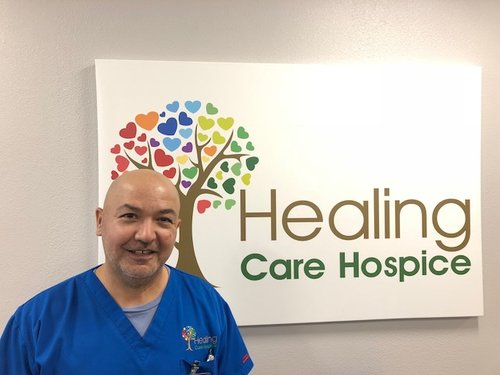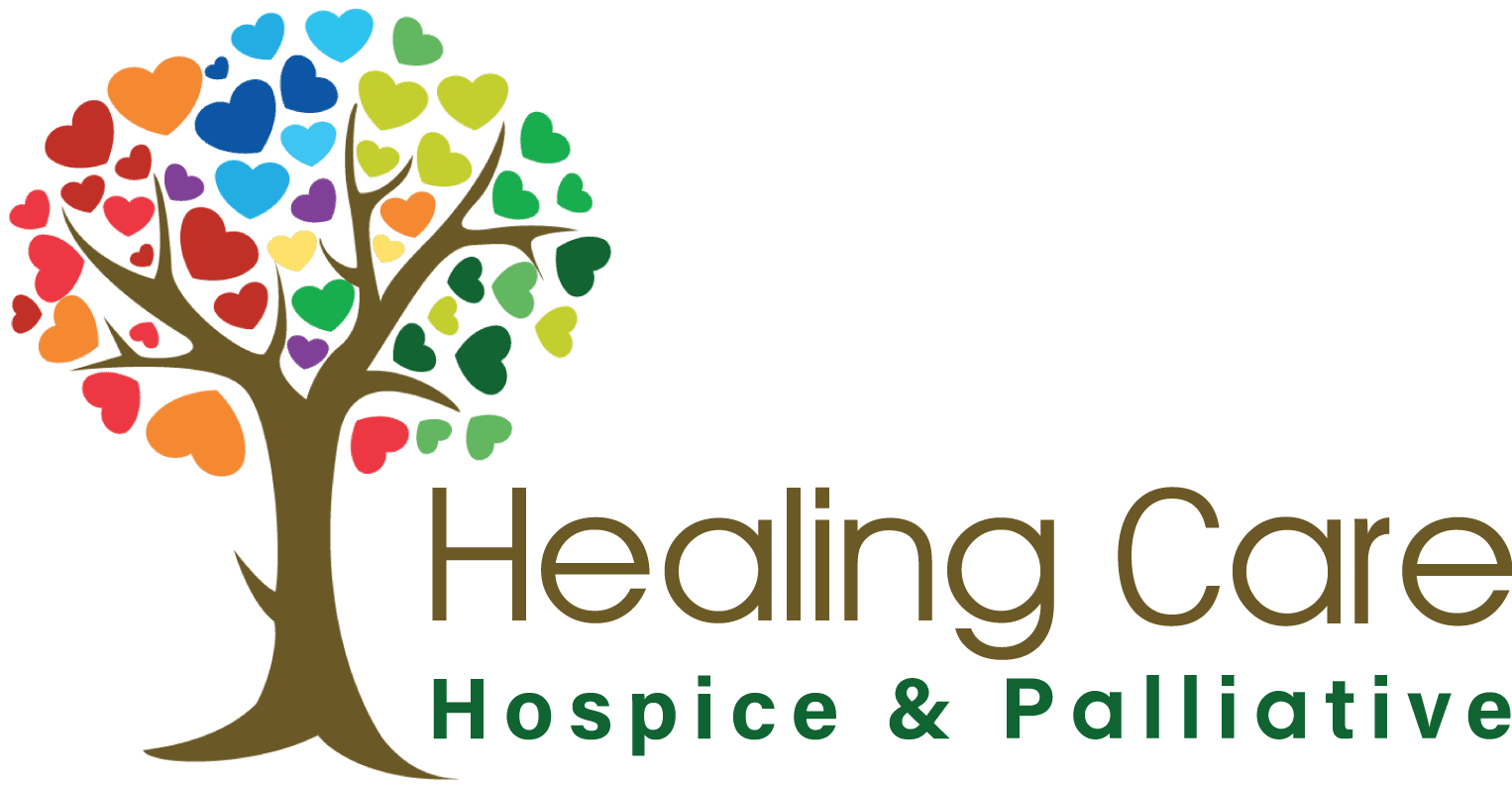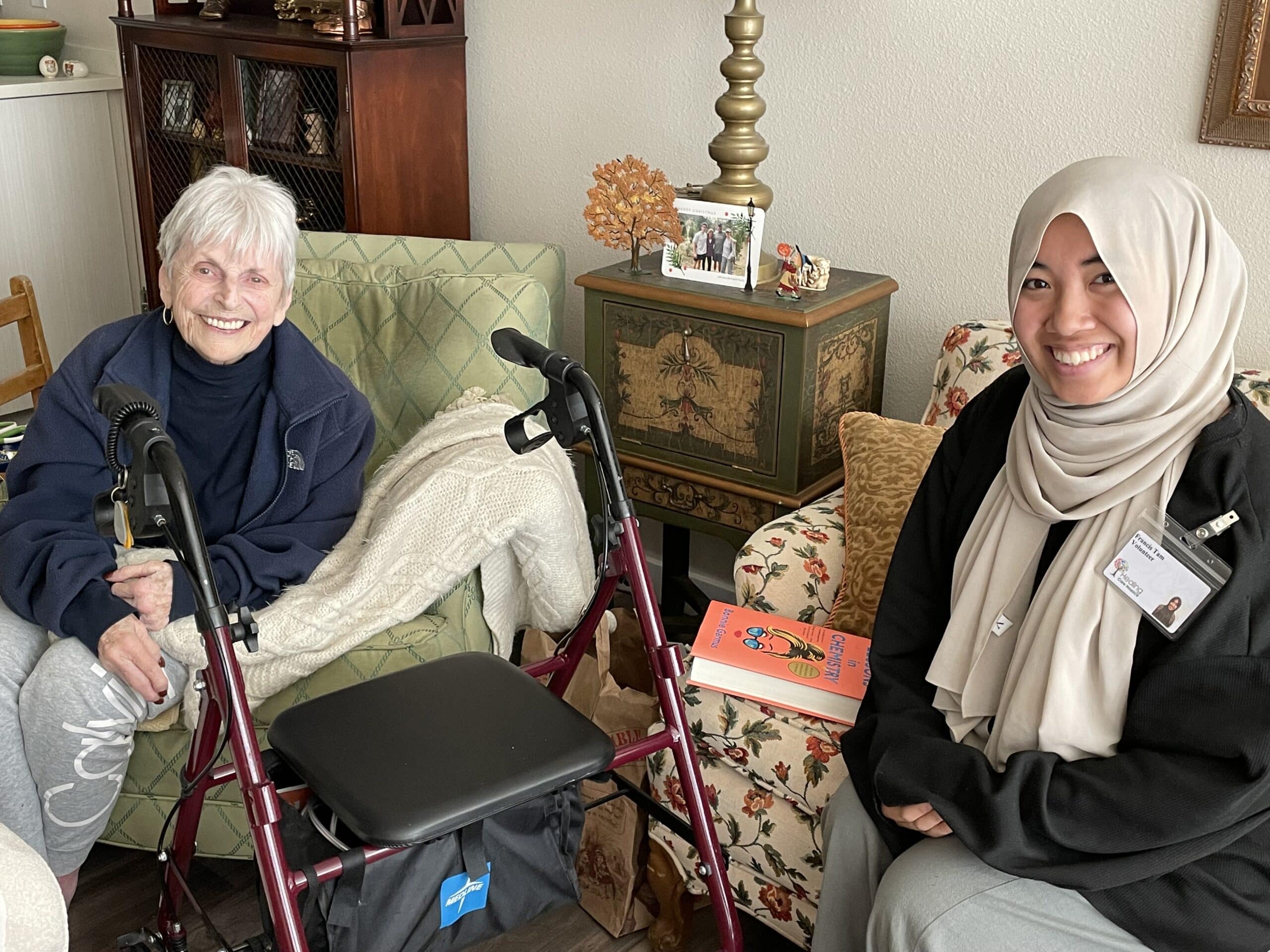Learning to See in the Dark
Team / Staff
Moises Villeda, RN
– Healing Care Hospice Registered Nurse
I was born and raised in a small town in Guatemala named Chinautla. My Dad, Obdulio Villeda, and my Mom, Yolanda Beltran, raised six girls and two boys. We had a great big family.
As a child, my Dad used to wake my brothers and sisters before sunrise to hike through the Guatemalan forest. He believed the trees released a lot of oxygen during sunrise and that walking through the forest during this time was the best exercise. I was very young, maybe four or five years old. These hikes would scare me because the forest was dark and murky. However, my Dad’s presence would reassure me, since he was a policeman and always carried his gun. I knew I was going to be safe if I stayed by his side. As a boy, he would put me on his shoulders until I was able to walk the whole trail by myself. As I grew up, I kept hiking through the same trails, and eventually, I was running through the trails without rest.
On May 1989, my Mom separated from my Dad and moved to Long Island, New York. She processed our legal US residency and brought us over one by one. By the time I arrived to New York I was twenty years old, and had two years of business education at a private university in Guatemala. I had studied English and French, funded through various scholarships.
I joined the military six months after my arrival to New York. I wanted to improve my English, assimilate to US society, and continue my education. Unknowingly, the hikes with my Dad would help me greatly during my time in the military. During those hikes, my eyes had become accustomed to navigating unfamiliar terrain in the dark. As a soldier, we were not allowed to use any lights at night in fear that the light could give our location away to the enemy. My fellow soldiers used night vision goggles. I, however, did not need them because I was able to see well at night. I was made the designated Army Medic, driving the ambulance in the dead of night through the desert with little visibility. During my time in the Army, I was assigned to the 3rd Armored Cavalry Regiment as a Combat Medic, which was my unit for three years. I served on the front lines during the Persian Gulf War. The experience of war dramatically changed my perspective on life, and my role in society.
During the first six months after returning from the Gulf War, alcohol and strenuous exercise were my way of trying to escape the internal struggles I faced from the damaging memories of war. This was the only way I could escape my mind and find a good night’s sleep. It was not until I started to attend a Christian church that I found peace and was able to channel the inner conflicts into positive ways of helping others. This lead me to become a missionary, and to take my family out of the US for almost nine years.
After my return, I started working for the Veterans Affairs, where I met people who encouraged me to apply for military benefits and compensation. The military approved my claims, and I received four years of all-expenses-paid higher education. So I went back to school and became a RN BSN PHN.
I have since been married for twenty-two years, and I have three sons. I chose to work in the hospice industry because I like taking care of patients at the end-of-life. My perception of hospice is that it’s not only assisting a patient at the end-of-life, but working collaboratively with the family to assist the patient to pass with comfort, dignity, and to be spiritually ready for another life. In some way, I guess I am still helping my patients find their way through the dark.



